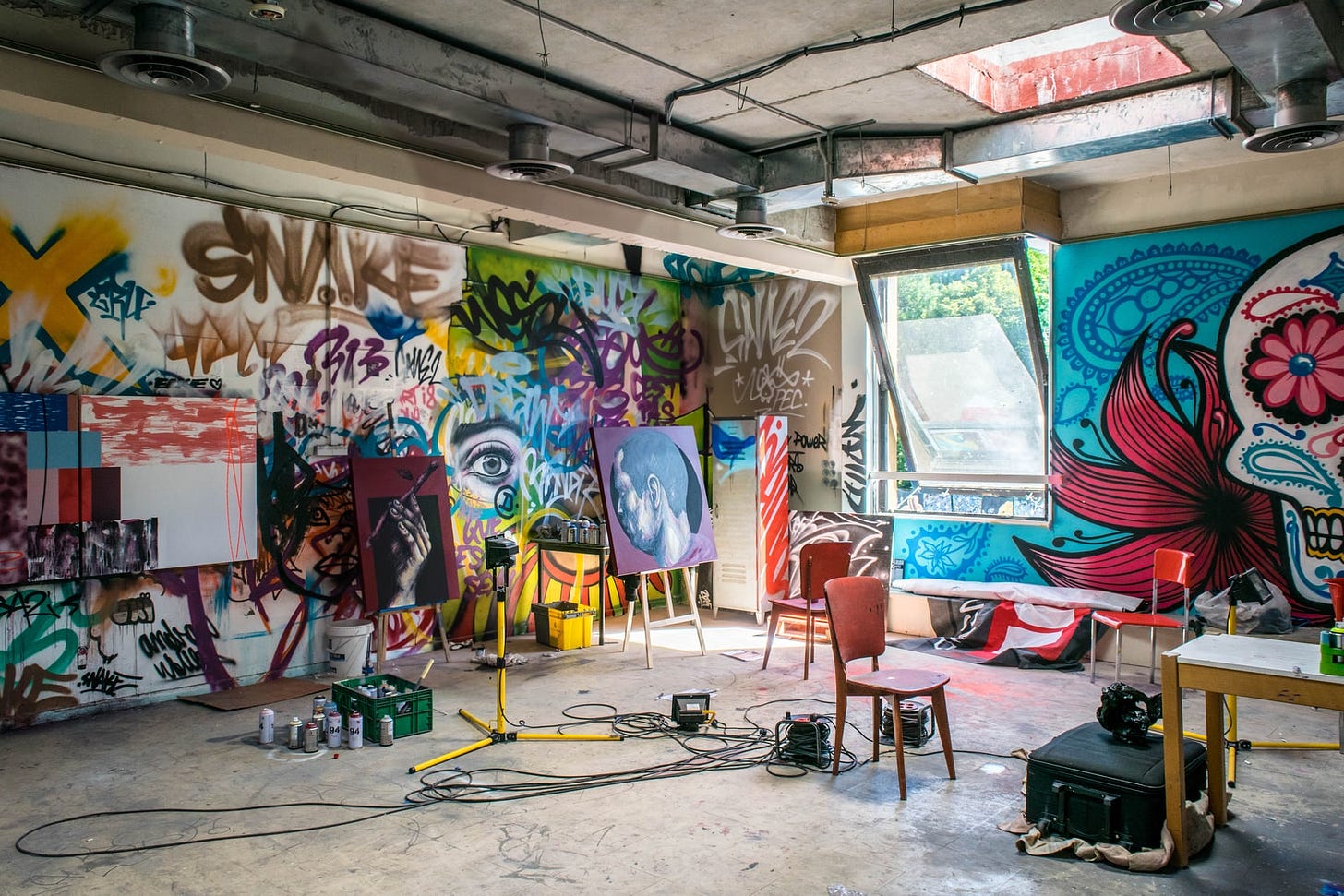Letters for Creatives #4: Habits that make spectacularly creative people different from everybody else
The difference between innovative and ordinary people
Hello, I am Celeste. Each week I provide tips about creativity. Send me any questions related to creativity. I will tackle your question every week.
How creative people like Mozart create music that people still listen to? What makes them different and innovative? What can we learn from them?
Susan Cain suggested this advice to people who want to be creative, from Stephen Wozniak who built a prototype of Apple computer on his own in 1975.
Most investors and engineers I’ve met are like me – they’re shy and they live in their heads. … The best of them are artists. And artists work best alone where they can control an invention’s design without a lot of other people designing it for marketing or some other committee. I don’t believe anything really revolutionary has been invented by committee. … I am going to give you some advice that might be hard to take. That advice is: work alone. You’re going to be best able to design revolutionary products and features if you’re working on your own.
Spend some time alone every week
The Institute of Personality Assessment and Research at the University of California, Berkeley researched on the topic of what sets the most creative innovators apart from the rest from 1956 to 1962.
They gathered some of the best scientists and writers and asked them to do personality tests, problem-solving experiments and probing questions. They also gathered some people who are in the same professions but contribute less groundbreaking innovations and asked them to do the same. Then they compared the two groups and got some interesting findings.
The more creative people tend to be introverted, who are not as sociable or participative. They are independent and individualistic.
Cain indicated that “in a group of people who have been extremely creative throughout their lifetimes, you’re likely to find a lot of introverts. … Introverts prefer to work independently and solitude can be a catalyst to innovation.”
Spend some time on your own can remove distractions and let you focus for a longer period of time. It keeps your creative juice going and create something innovative. Allocate an hour or two every day for your creative project if you do it for a living or simply have a passion for creating.
Deliberate practice
From a research project by psychologist Anders Ericsson and his colleagues, they found that the best violinists spent 24.3 hours every week to practice on their own while the good violinists practice 9.3 hours a week and the worst group 1.3 hours a day on their own.
This brings us to the topic of deliberate practice. Why is it important for creativity? James Clear defines deliberate practice as a kind of practice that “requires focused attention and is conducted with the specific goal of improving performance.”
For instance, Benjamin Franklin was criticised for his mediocre writing skills by his father when he was young. He had the determination to read every article by the best writers in his times and “[write] down the meaning of every sentence.”
He would rewrite each articles using his words. He compared what he wrote to the original article, proceeded to find some mistakes and corrected them. Franklin then realized that his use of vocabulary was weak, so he focused on this area intensely and improved it with deliberate practice.
Deliberate practice works because you would break down the process into smaller parts, identify your weakness, try new methods to improve and “integrate your learning into the overall process.” You do not simply wake up and practice mindlessly but you have a specific goal in mind for every practice.
Do not stop deliberate practice after you can start to use your skill automatically. Once you stop looking for weaknesses where you can improve on, you would stay stagnant with the same level for decades.
Measure your performance
What we measure are the things we improve. We can record the number of books that we read or the number of articles we write every year. We can record what we eat and how we feel during the day to find food that benefits us the most. We can only know if we have improved by measuring it or getting feedback.
Get feedback
Getting feedback from someone great at what you want to learn can help you improve. A great teacher can track your progress, tell you what and how to improve and keep you motivated to do your best. A great teacher can help you to improve quickly with their valuable feedback.
Publish your work online and encourage your audience to send you feedback. You would realize the areas of weakness where you can improve and ask for feedback from experts in your field.
I value your feedback, suggestions, constructive critiques, compliments, etc. If you have anything creative that you want to send me, send it to celestetsang@gmail.com
Please answer a few questions for this questionnaire to improve the newsletter. It would help me understand what you want to read about. Feel free to leave any suggestion or constructive critiques. I appreciate your time.
Thank you for reading!
If you want to show your support, consider buying me a coffee.
If you want all future newsletters delivered straight to your inbox every Thursday, then subscribe now for free. Leave a comment if you want to discuss further on any of these topics.




